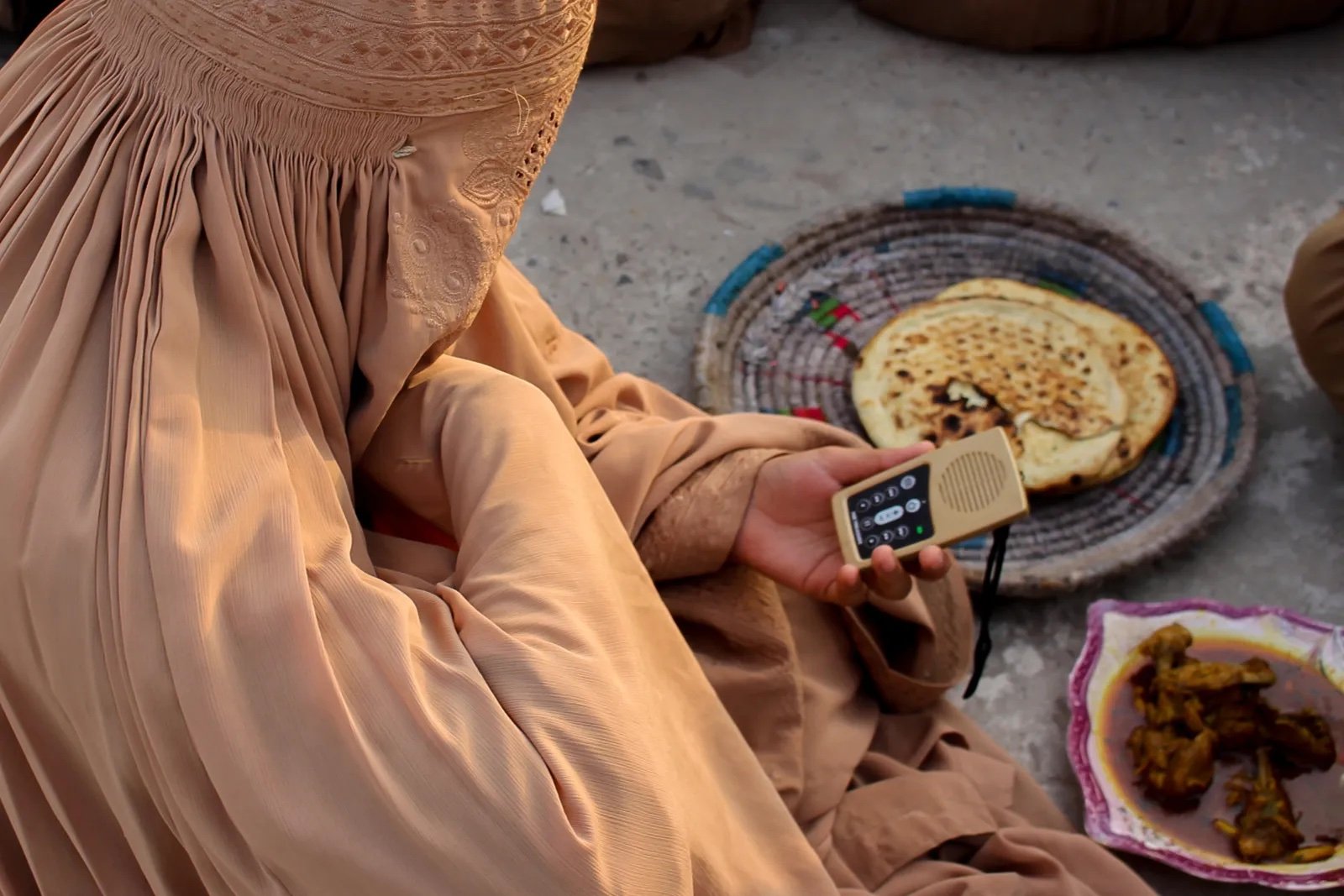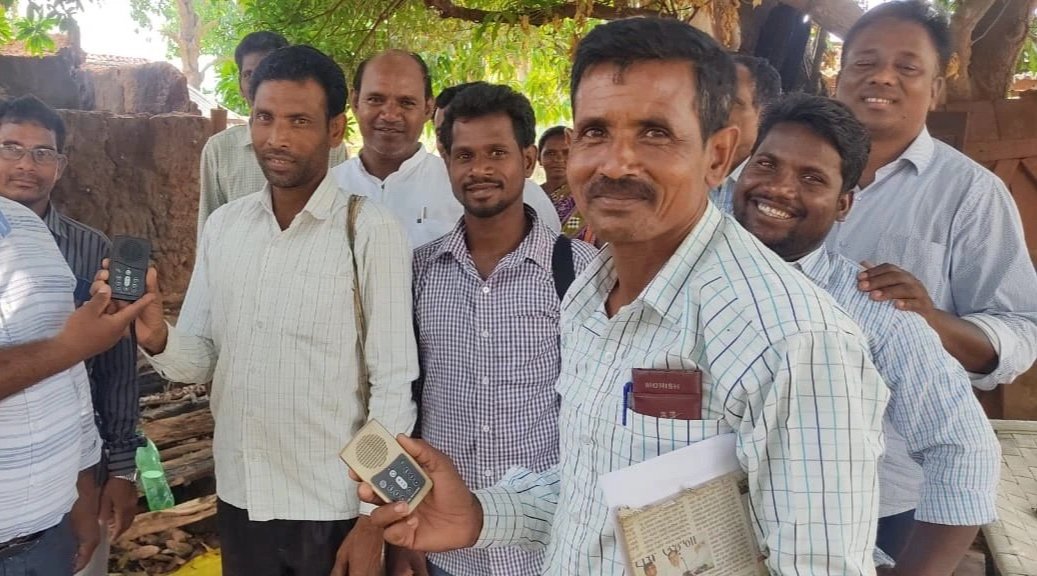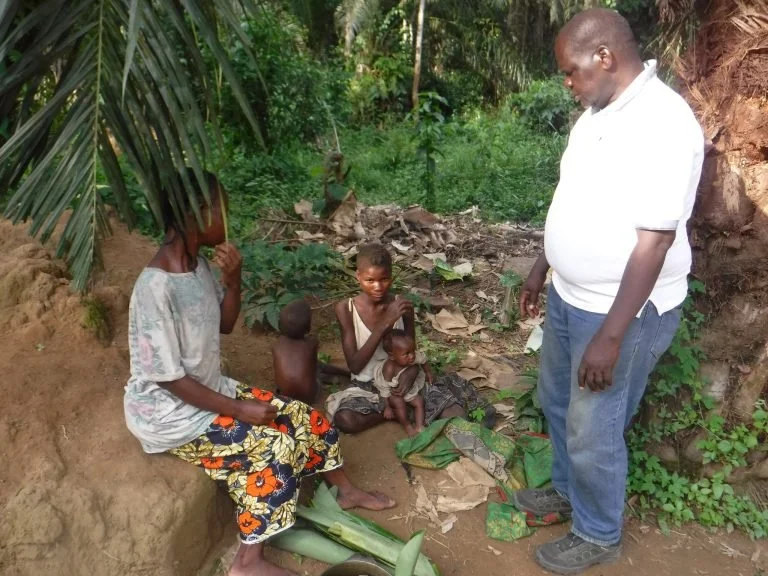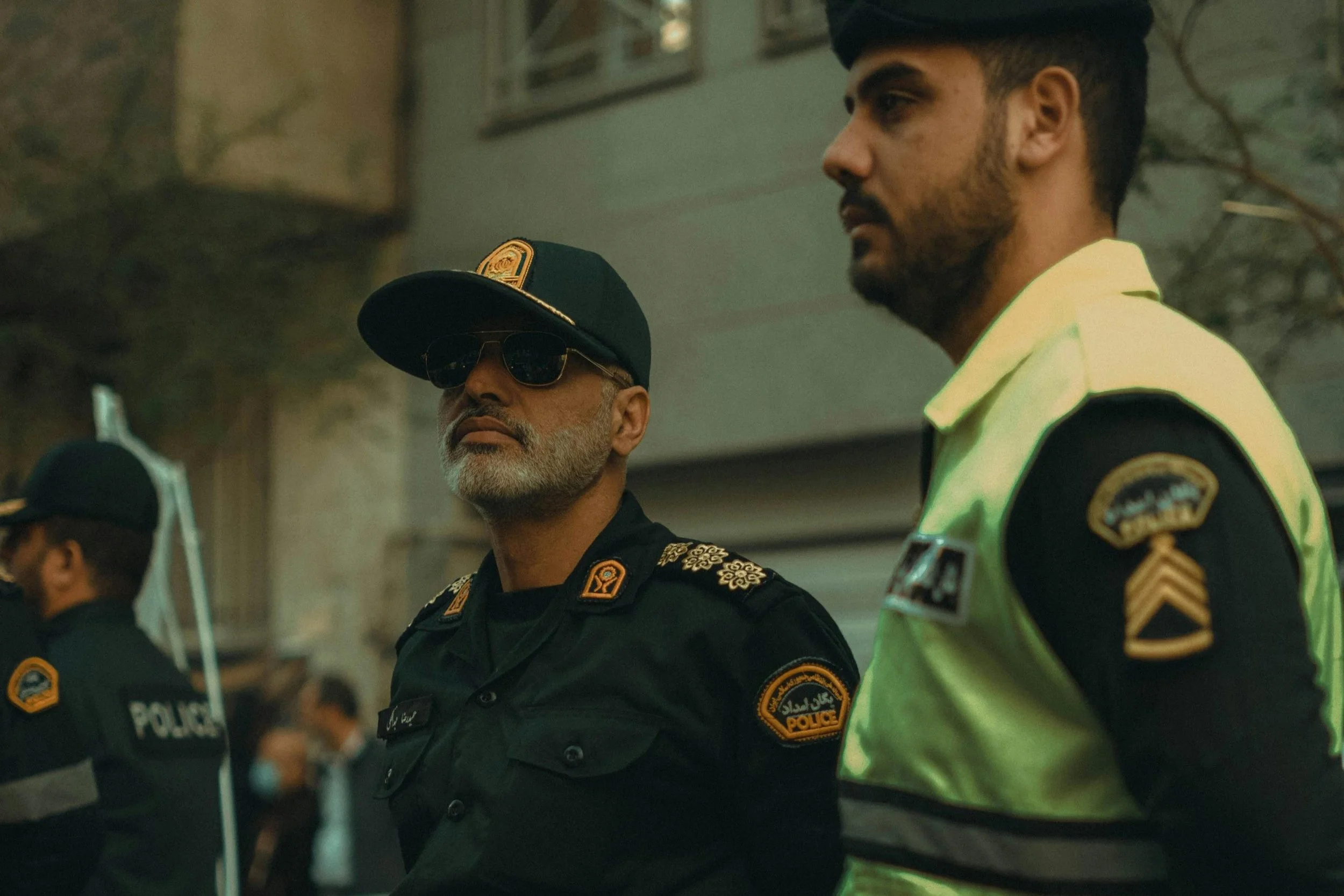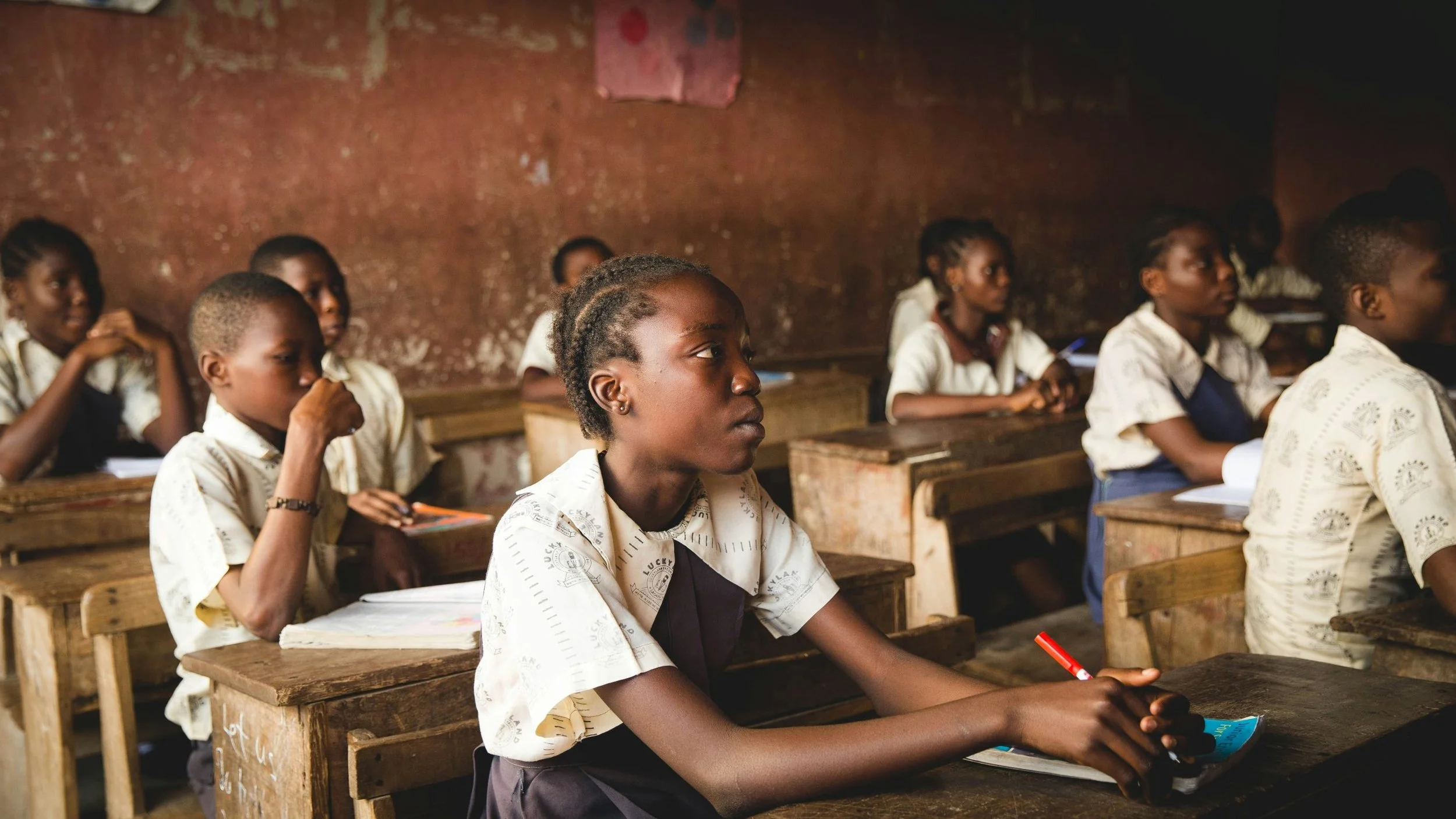
Make Jesus Known
Reach the nations where Jesus is unknown. Join us on a mission to spread the gospel to the most remote and spiritually dark corners of the world.

Everyone deserves the opportunity to hear the life-changing message of Jesus.
Yet, there are over 7,300 unknown nations on this planet, made up of more than 3 billion people who have never had access to the gospel. Together, we are committed to changing that reality!
7,300+
there are over 7,300 unknown nations on this planet.
3 Billion
There are more than 3 billion people who have never had access to the gospel.
What drives Unknown Nations?
CEO Greg Kelley shares our calling to bring the name of Jesus to those who have never heard. Discover the vision. Be part of the mission. Join us in reaching the nations.
REACH THE ENDS OF THE EARTH
Our Strategy
Unknown Nations is making a real difference in the lives of unreached people groups in the most barrier-ridden and spiritually antagonistic places in the 10/40 window. From planting hundreds of churches, distributing millions of audio Bibles, and providing humanitarian relief, Unknown Nations reaches people who have never heard the gospel before, changing lives forever.
PHASE ONE:
By equipping teams on the ground, we launch strategic initiatives to seed God’s Word in nations still awaiting their first gospel witness.
Introducing the Gospel
1. Fortify Strategic Outposts
We pour resources into our 37 strategic outposts throughout the 10/40 window that serve over 3,500 indigenous missionaries. Once our indigenous missionaries make a connection, our teams begin discovery of language dynamics, potential needs, and ways to bridge access.
2. Humanitarian Projects
Being the hands and feet of Jesus, we’ve completed numerous humanitarian projects. Lives transformed, gospels distributed, and communities renewed. Together, we’ll keep reaching the unreachable to make Jesus known.
3. Audio Bibles
We reach the unknown nations by distributing solar-powered audio Bibles spoken in their heart language. This tool, called "The Treasure", is taken into their homes and consumed by people hearing the gospel in their language for the first time.
Multiplication & Reallocation
PHASE TWO:
As the gospel takes root, our teams mobilize and equip local believers to multiply. Once an indigenous church-planting movement is established, we reallocate support to nations where the name of Jesus is still unknown.
4. Church Birthing
Embracing the power of the gospel, we celebrate countless churches birthed. From humble beginnings in the most remote places, the gospel spreads like wildfire. Our indigenous missionaries fan the flames, transforming communities with Christ’s love. Help us make Jesus known in the most remote corners of the world.
5. Train Leaders
Discipling and training leaders who will multiply is a critical component of our strategy to reach unknown nations. These leaders are equipped to pursue gospel expansion opportunities in the darkest of places.
6. Multiply Gospel Exposure
Our ultimate goal is for each nation to establish its own indigenous church-planting movement. At that point, we strategically reallocate our resources to bring the gospel to other nations.
STORIES OF IMPACT



